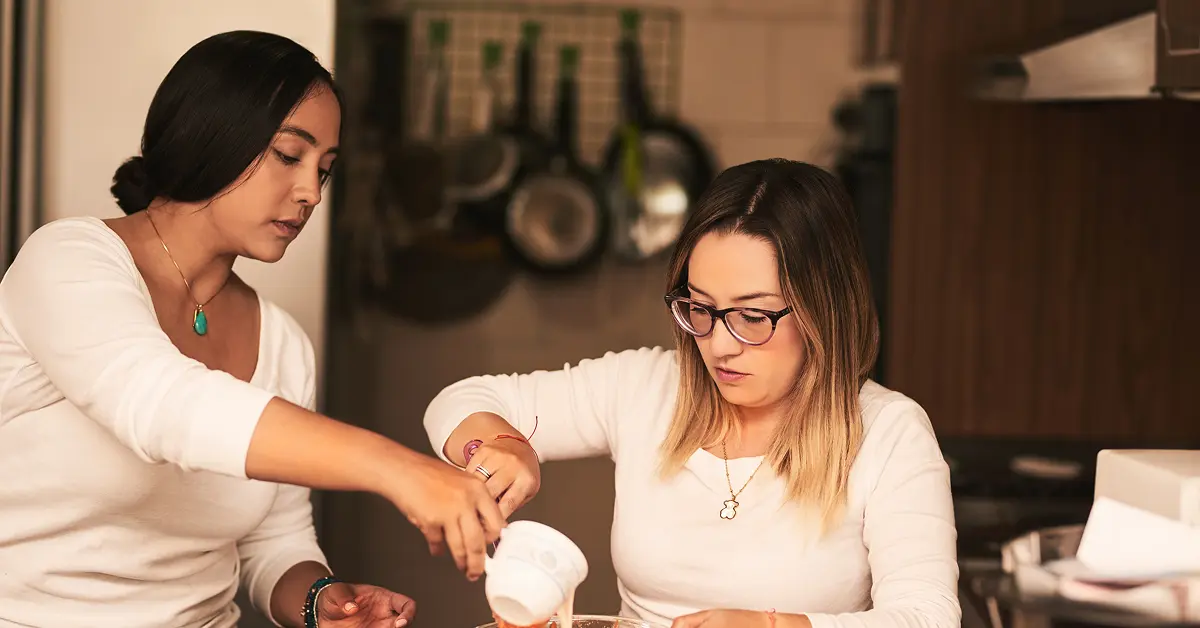Choosing a caregiver for a loved one is one of the most important decisions a family can make. Whether it's for an ageing parent, a disabled family member, or someone recovering from an illness or surgery, the right caregiver can make a world of difference. In India, where family caregiving has traditionally been handled within the home, the shift towards professional caregiving services is growing. With this shift comes the need for thoughtful selection to ensure comfort, safety, and trust.
In this blog post, we’ll walk you through everything you need to know to find the right caregiver—from evaluating your needs to finalising the hire.
Understand Your Family’s Needs
The first step in hiring a caregiver is to determine what level of care your loved one needs. Make a list of the daily activities they need assistance with:
- Medication reminders
- Mobility support (walking, wheelchair, etc.)
- Bathing and grooming
- Toileting
- Cooking and feeding
- Companionship
- Medical assistance (nursing or therapy)
Are you looking for a trained nurse, a general caregiver, or a part-time home attendant? Identifying this will help you search in the right direction.
Decide Between Agency vs Independent Caregiver
a) Home Care Agencies
Pros:
- Screened and trained staff
- Replacements available if caregiver is unavailable
- Often supervised by a nurse or coordinator
- Legal and contractual coverage
Cons:
- Generally more expensive than hiring directly
b) Independent Caregivers
Pros:
- Usually more affordable
- Flexibility in schedules
Cons:
- No backup or immediate replacement
- You handle verification, training, and contracts
- Risk of fraud or unreliability
Do a Background Check
Background verification is non-negotiable. Whether you are hiring through an agency or directly, always verify:
- Government-issued ID (Aadhaar, PAN)
- Police verification certificate
- Previous work experience and references
- Medical fitness (especially for live-in caregivers)
Assess Caregiver’s Experience and Skills
Ask detailed questions to understand the caregiver’s experience, skill level, and attitude:
- Have you handled similar patients before?
- Are you trained in emergency care or CPR?
- Can you manage feeding tubes, catheters, or mobility devices?
- What is your typical daily routine with a patient?
Set Expectations Clearly
Before hiring, discuss and finalise:
- Work hours and duties
- Leave policy
- Salary and payment method
- Meals and accommodation (for live-in staff)
- Emergency contact and escalation
Create a written agreement or contract to avoid future conflicts.
Check Communication and Behaviour
Soft skills matter just as much as technical training. A caregiver should be:
- Patient and kind
- Good at communication, especially if the patient has hearing or speech issues
- Culturally sensitive and understanding of dietary or religious preferences
- Emotionally stable – caregiving can be mentally demanding
You can ask them to spend a trial day or week with the patient to observe interactions before committing long-term.
Use Technology for Monitoring
Today, many Indian families use CCTV cameras, health monitoring apps, and GPS-enabled wearables to ensure patient safety, especially if family members live apart. Consider:
- Installing a simple home surveillance system
- Using a medical alert system or smartwatch
- Scheduling regular video calls to check on the patient and caregiver
Ask for Regular Feedback
Once the caregiver is hired, keep communication open. Ask your loved one:
- Are they comfortable with the caregiver?
- Is the caregiver arriving on time and doing all tasks?
- Any signs of neglect, rough behaviour, or lack of hygiene?
Similarly, ask the caregiver:
- Are there any challenges in caregiving?
- Are additional tools or support needed?
- Is the work environment respectful?
Look for Red Flags
Here are some warning signs that you may have hired the wrong caregiver:
- Frequent absenteeism or excuses
- Patient appearing anxious, withdrawn, or injured
- Theft or missing items
- Poor hygiene of the patient
- Refusal to follow care instructions
- Negative attitude or abusive behaviour
In such cases, act swiftly—report to the agency, replace the caregiver, and if needed, file a police complaint.
Build a Support System
Caregiving is not a one-person job. Even the best caregiver needs:
- Time off to rest
- Emotional support
- Guidance for handling complex situations
- Backup in emergencies
Conclusion
Finding the right caregiver for a loved one is not just about qualifications—it's about trust, comfort, and compassion. In India’s evolving home healthcare landscape, families now have more access to trained professionals, technology tools, and agency support than ever before.
By doing your research, conducting thorough verification, and staying involved, you can ensure your loved one receives the respectful, loving care they truly deserve—right from the comfort of home.
If you're looking to hire a caregiver in India reach out to trusted elder care service providers in your city, read reviews, and always trust your instincts. After all, you're not just hiring help—you're choosing a companion for your loved one.
Contents
- Understand Your Family’s Needs
- Decide Between Agency vs Independent Caregiver
- Do a Background Check
- Assess Caregiver’s Experience and Skills
- Set Expectations Clearly
- Check Communication and Behaviour
- Use Technology for Monitoring
- Ask for Regular Feedback
- Look for Red Flags
- Build a Support System
- Conclusion
Our 24*7 services
Latest Posts
- What Is Respite Care and Why Is It Important
- Affordable home care for senior citizens in India
- Caring for Seniors with Dementia or Alzheimer's at Home
- Senior Caregiving A Guide for Every Family
- How to Write a Caregiver Resume That Gets You Hired
- How Care After Hospital Discharge Speeds Up Recovery at Home
- How to Get Home Health Care for Seniors Through Medicare
- What Does a Senior Citizen Caregiver Really Do at Home
- How to Care for Elderly Parents with Alzheimer’s or Dementia
- How to Get 24-Hour Care for Seniors at Home


